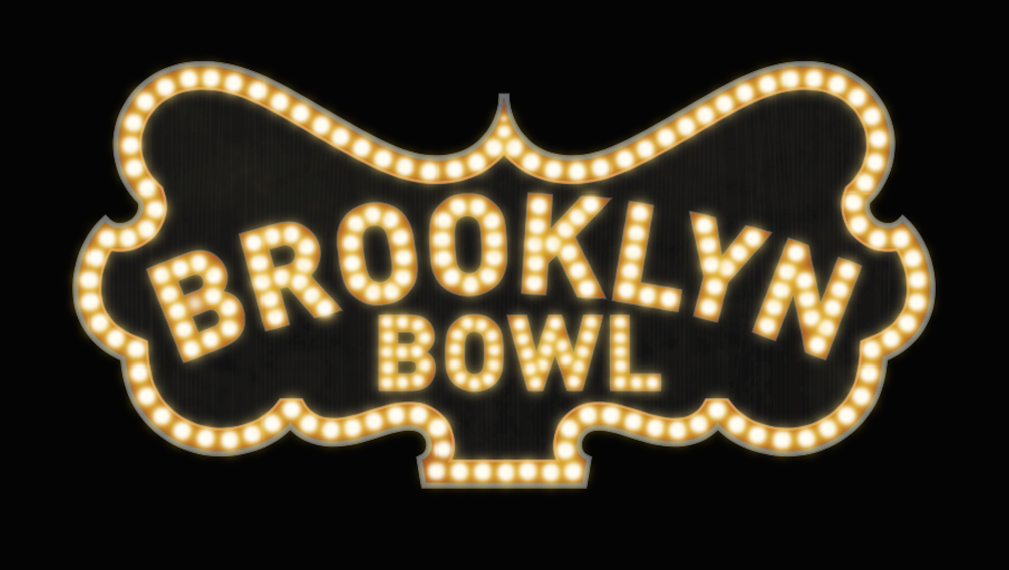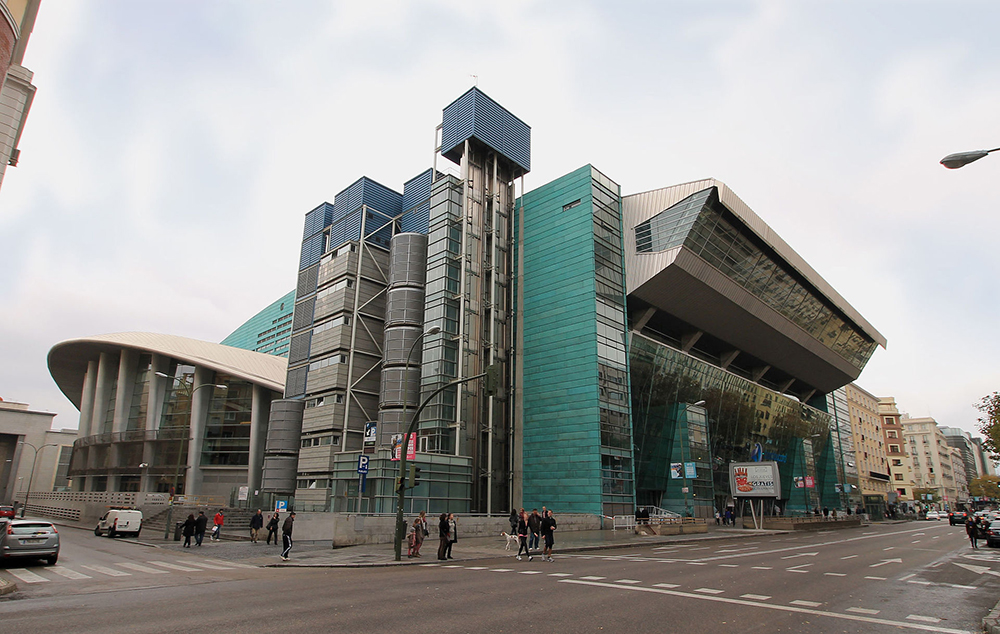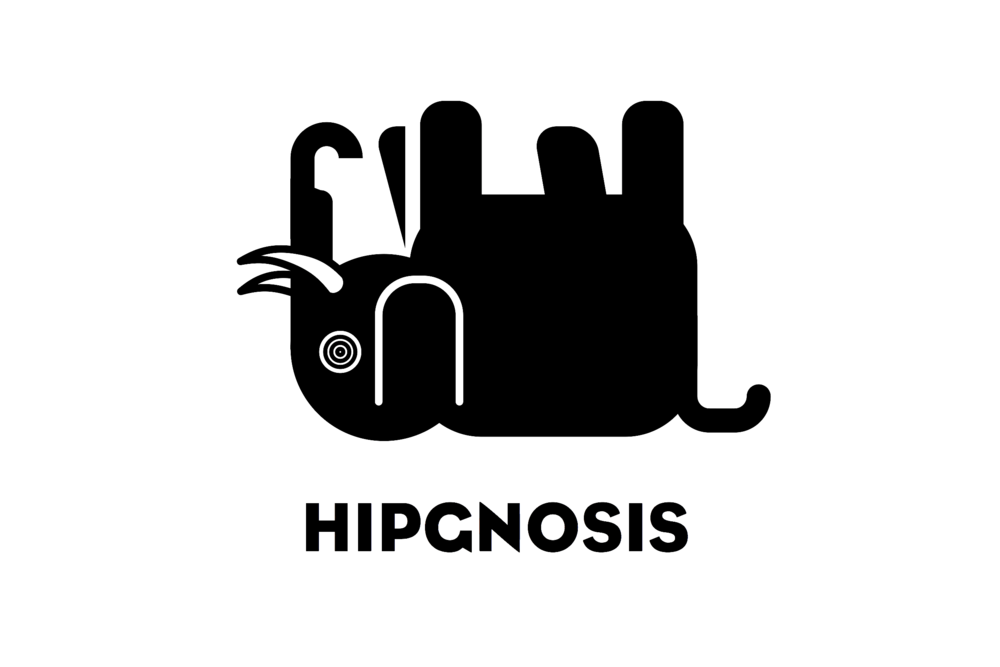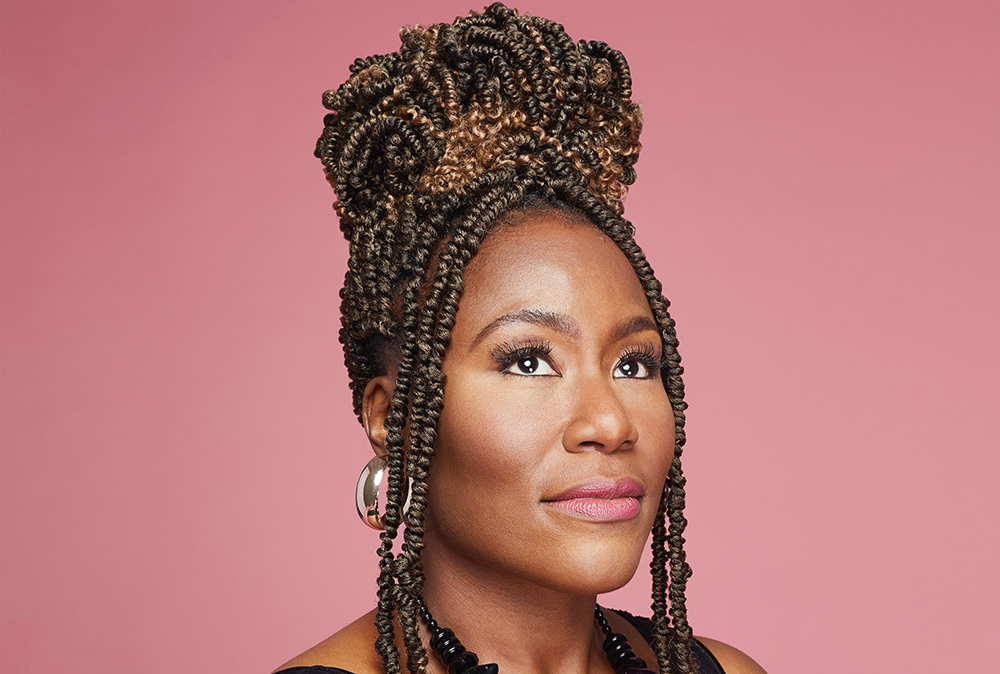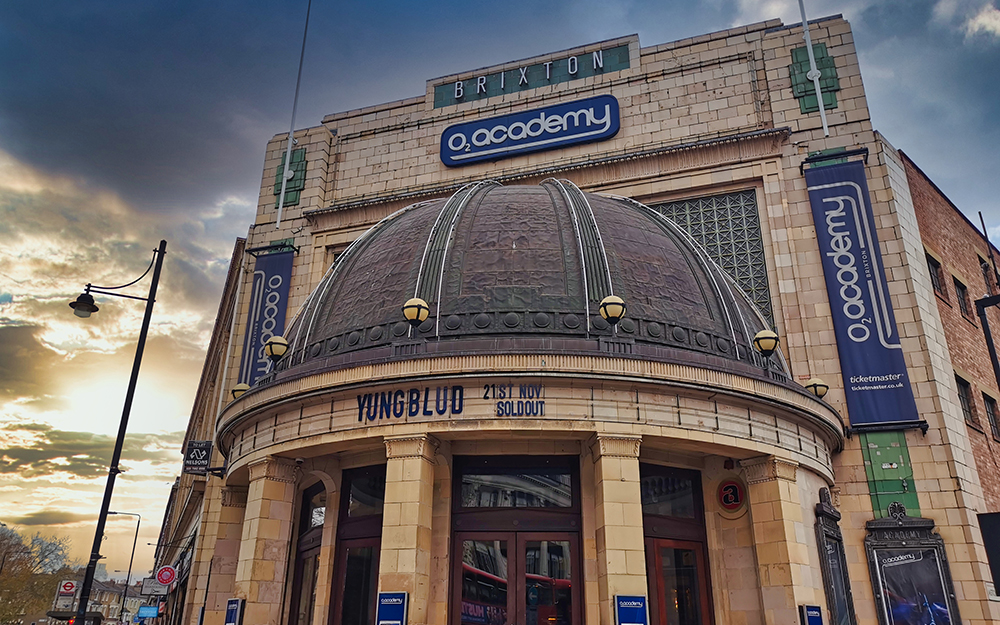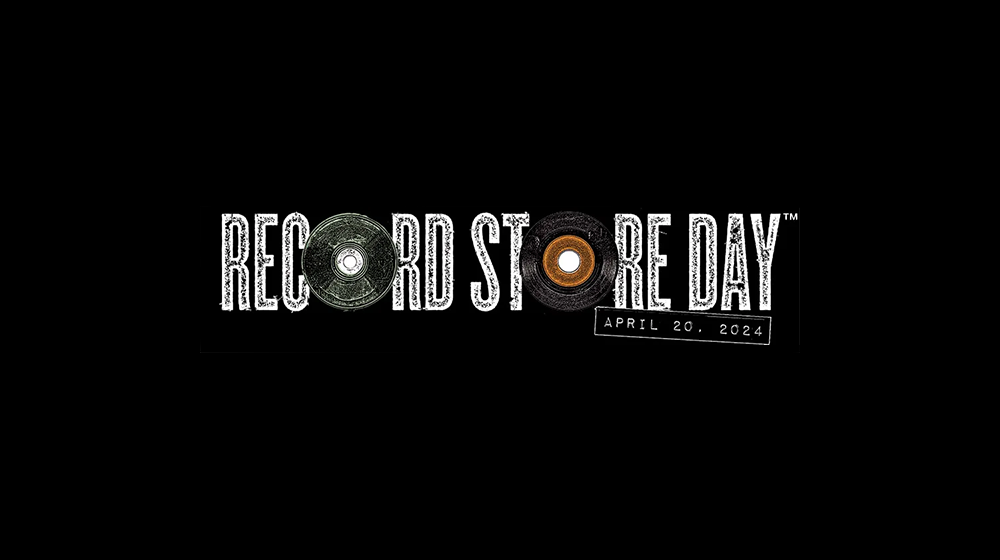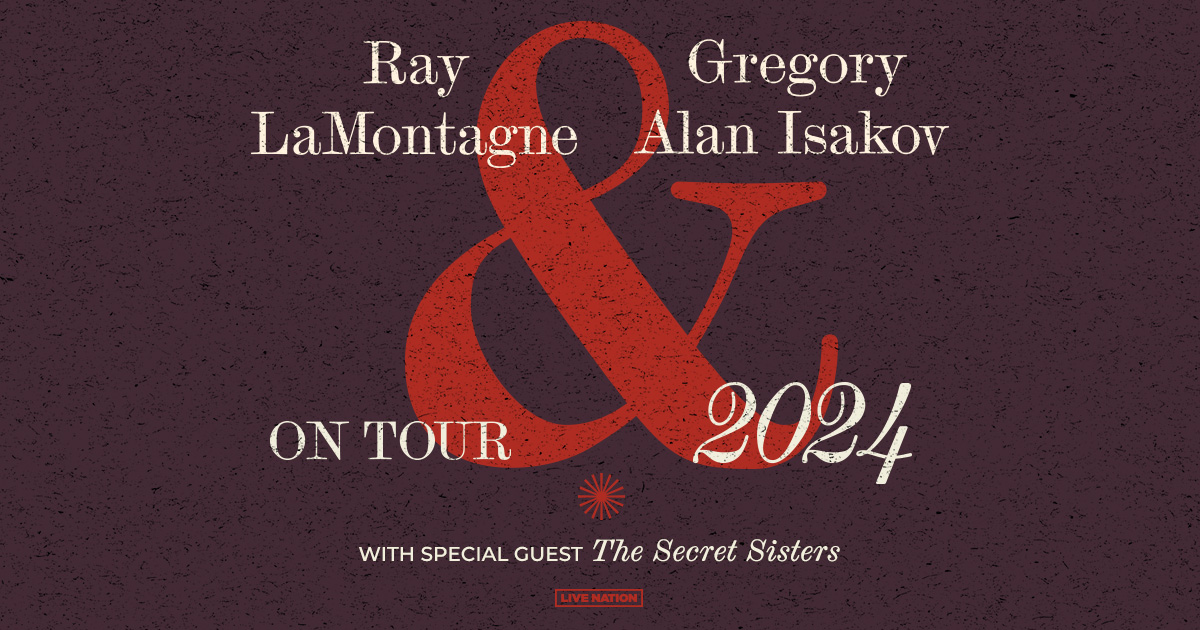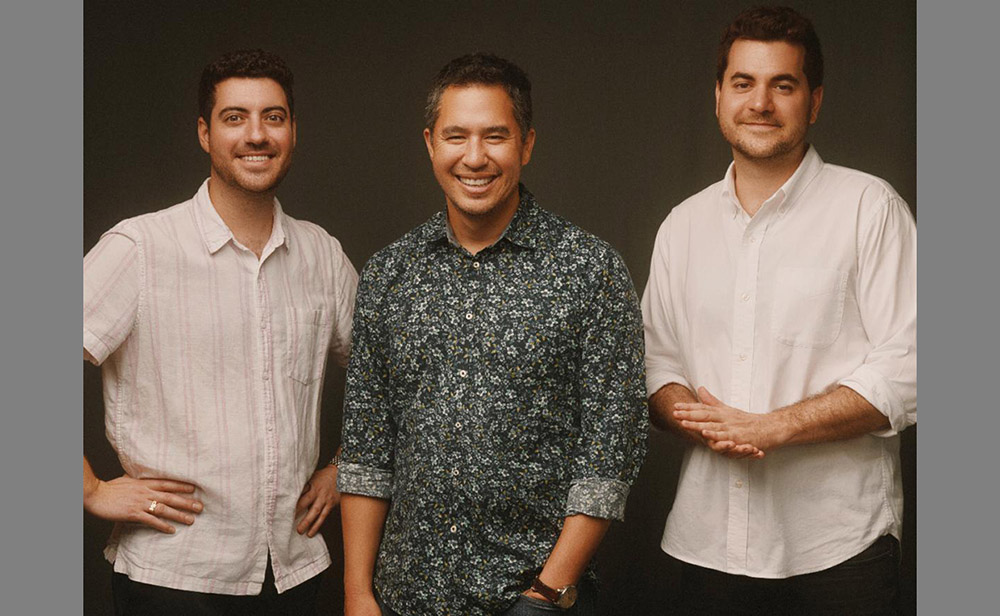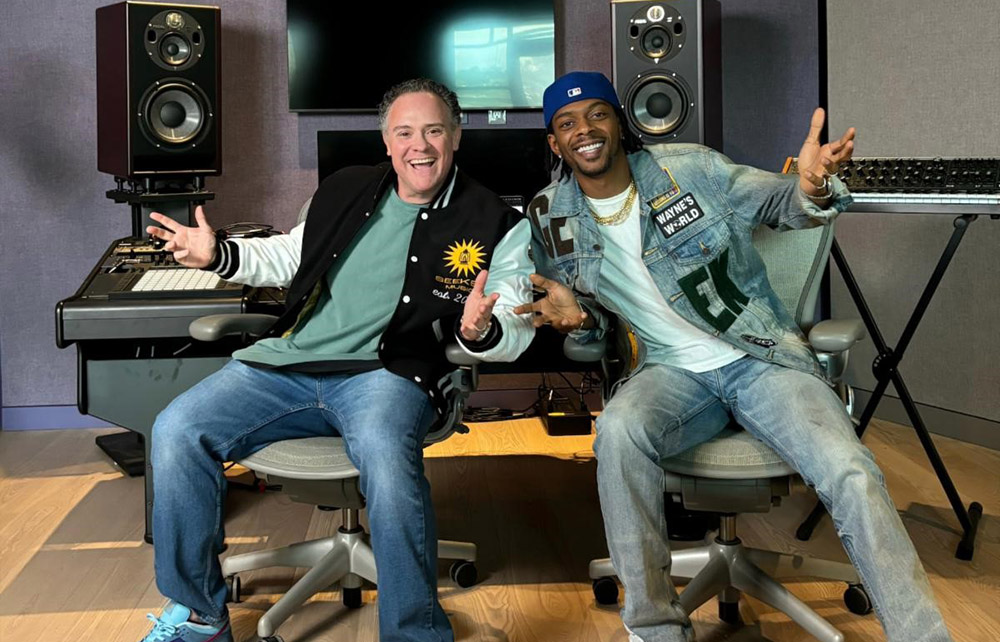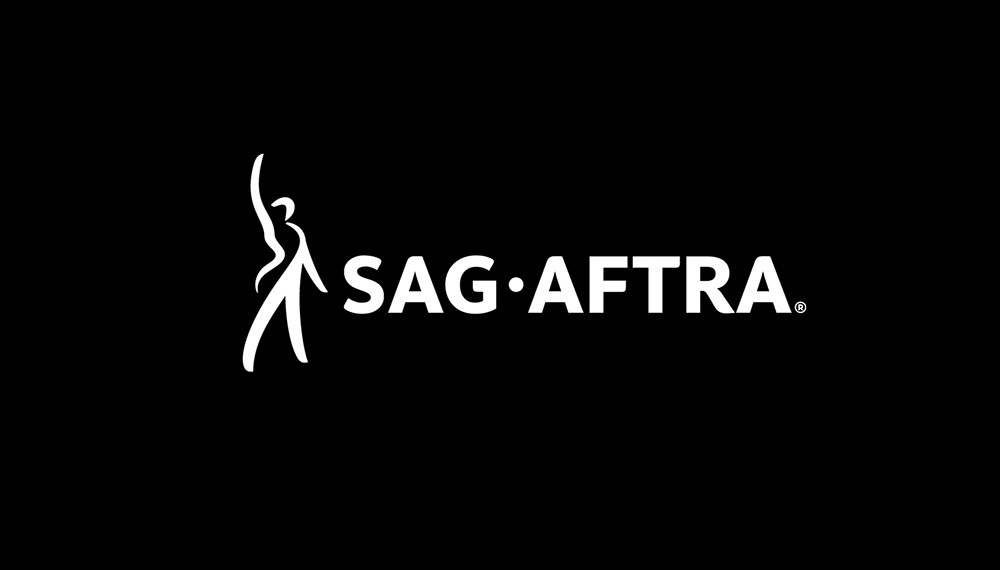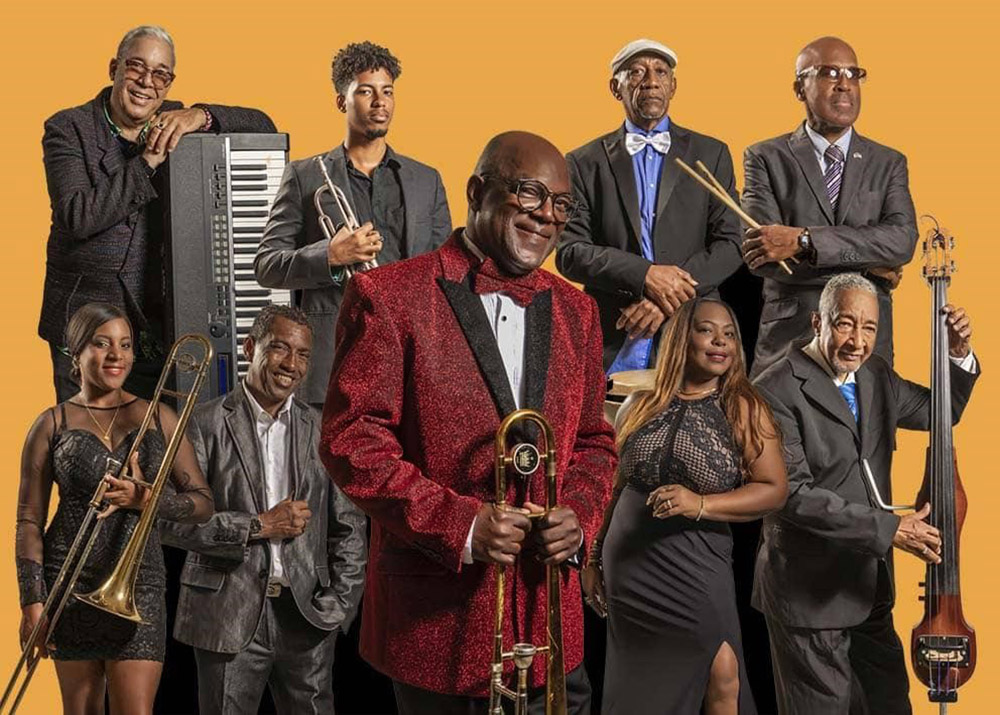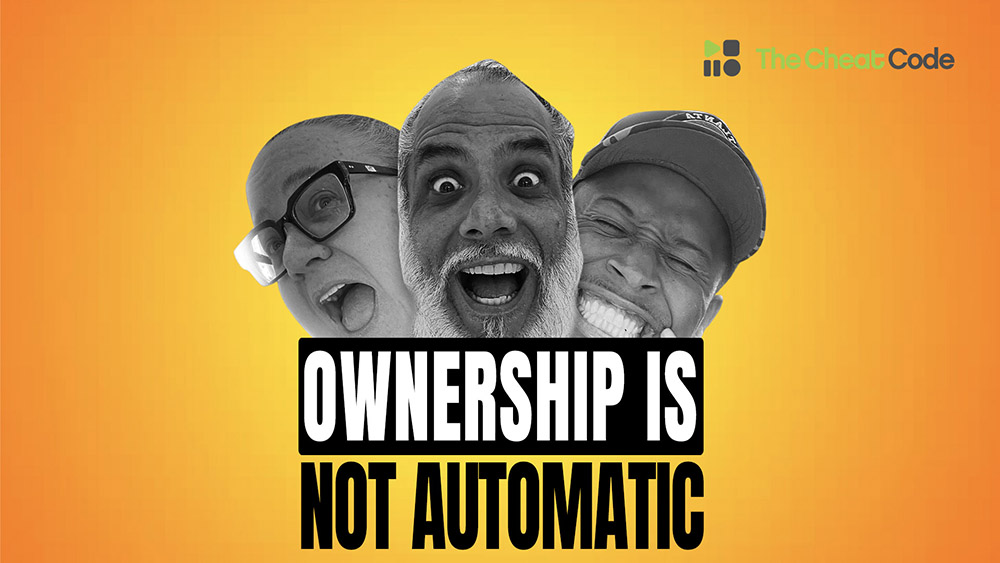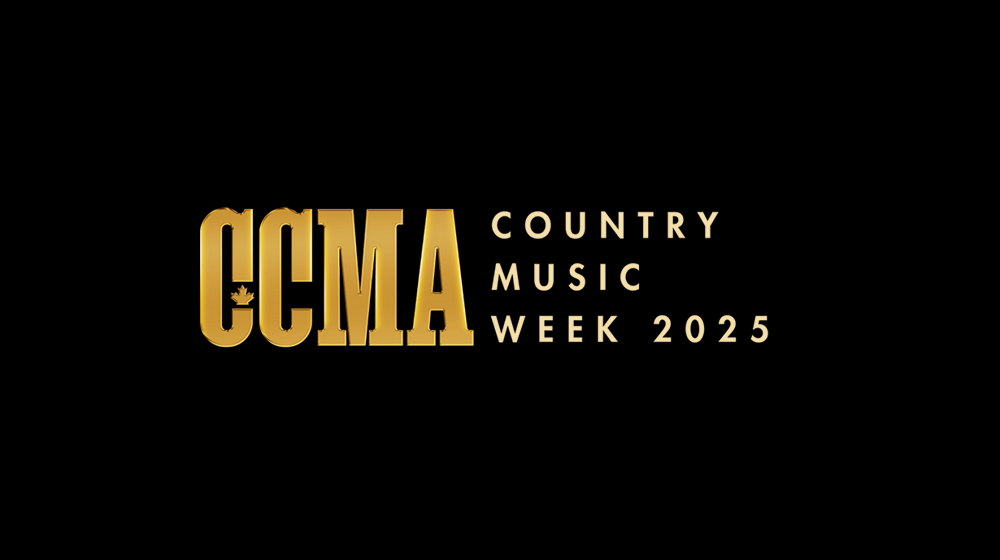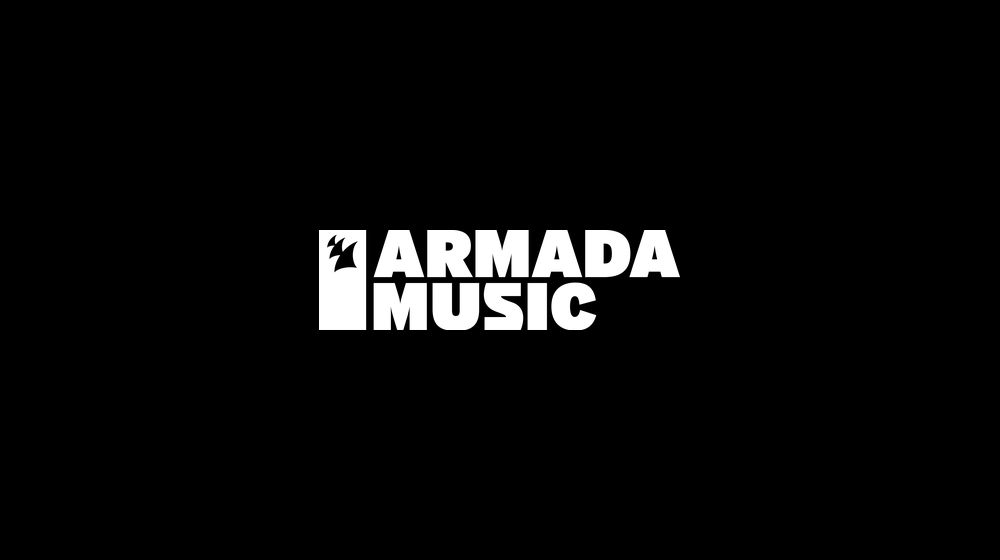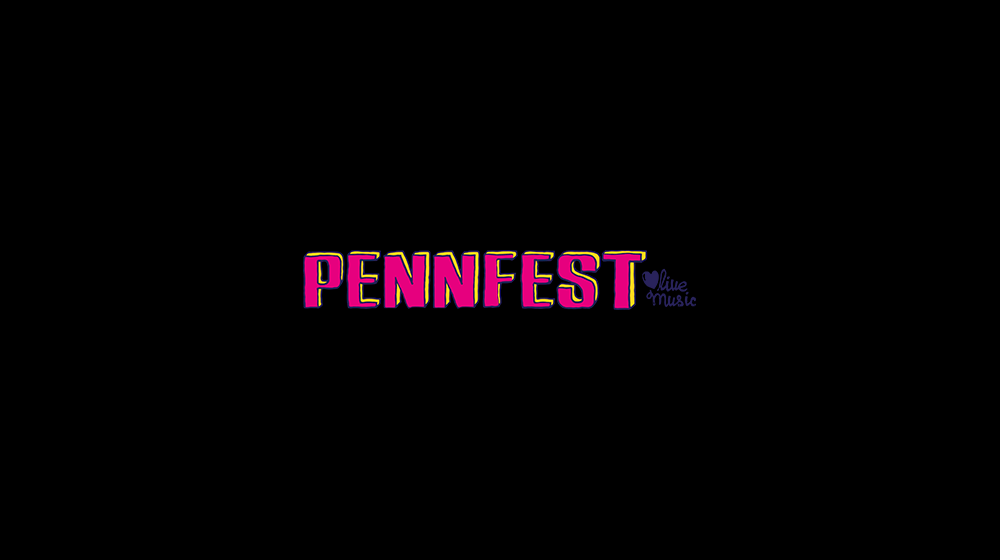
This guest post was authored by the Future of Music Coalition Policy Fellow Daniel Lieberman.
We’ve seen this movie before: large media company enters growing, now profitable music scene. Large media company buys up all the smaller regional operations it can get its hands on. Now that smaller companies are together in one happy music pool, large media company presents pool to advertisers and marketers. Large media company soon cashes out of the conglomerate it created at handsome profit, walking off into the sunset.
Dear electronic dance music community: this is the situation at your breakbeat, bass-filled, trancy, dubstep-doorstep. Your community, your music, your culture — one that has been dismissed by corporate America for over twenty years and relegated to underground basements, clubs, and warehouses — has suddenly become, popular. Really, really popular.
Of course, this is not news to you. You already know that superstar DJs Skrillex, Tiesto, Deadmau5, David Guetta, Afrojack and the like now command million dollar fees and fuel an increasingly lucrative dance festival scene that spans from Brooklyn to Berlin. You’ve even heard the influence of the awkwardly-termed genre “EDM” creeping into top-40 playlists. What is news is who is suddenly paying attention: Wall Street.
Leading the charge among this pack of well-heeled, wannabe dance investors is Robert Sillerman, one of the central figures who brought large-scale commerce to rock music through consolidation of independent radio and concert promoters. In 1997, Sillerman’s original music media venture, SFX, was sold to a Texas radio firm that was eventually acquired by Clear Channel. Eight years later, Clear Channel went on to found Live Nation.
And what did Live Nation and its new bedfellow Ticketmaster exactly give us? Higher ticket prices. Corporate boxes. The rock and roll V.I.P. suite. A brand new vocabulary — “building facility cost,” “processing fee,” and “convenience charge.” A monolithic stage that only a select group of musicians are able to perform on. A music culture that was suddenly about “getting the right ticket,” promoting an ethos of exclusion rather than inclusion (something the dance scene, with its legions of independent promoters, has thankfully turned on its head).
Now that this 64-year old media mogul, who has a decorated financial record ranging from stakes in American Idol, So You Think You Can Dance, Graceland, the Elvis Presley estate and a failed vacation resort in the Caribbean, wants to give his formula for entertainment success another spin, we think the dance community, artists and music lovers should ask one simple question: why? When questioned recently by the New York Times, Sillerman replied, “The fundamental premise that combining businesses that are inefficient and making them more efficient always makes sense.”
Inefficient? Dance music is as robust and relevant as it has ever been. When one also considers that the entire music industry has been in a fight for its survival over the past decade, we feel that anyone who labels dance music “inefficient” is unlikely to know the difference between the Grateful Dead and Deadmau5. Indeed, festivals like Electric Daisy Carnival in Las Vegas, Ultra in Miami, and Movement Electronic Music Festival in Detroit sell out at lighting speed, often without even announcing the headlining artists.
Music creators and fans, therefore, have every right to be suspicious when a multi-millionaire investor like Sillerman enters a healthy music community and claims, “I’m also confident that we will create a better experience for the fans. Can we monetize that? If we can, this will dwarf the first SFX. That’s the whole game.”
We at FMC believe that the healthy dance scene, which now informs a range of music styles, is much more than a “game,’ but rather an art form and community that functions beyond the sole economic confines of profit and loss. Dance veterans like Pasquale Rotella, Founder of Electric Daisy Carnival, are already skeptical about the cash grab that is going on. “You don’t want this to turn into what the concert business is today … where you just sell people tickets and they come to the show and sit in their seat,” he says. “There’s not a lot of soul behind that.”
So, as Mr. Sillerman spends one billion dollars this year, acquiring dance operations like Louisiana based Disco Productions, we ask, what does a better dance experience mean in the minds of the white collar investor? Louder music, brighter lights, harder bass? Eight dollar bottled water? More exposure, more expense? EDM reality TV?
At the end of the day, a little disorder and inefficiency in dance may actually be a good thing, if it means maintaining diversity in ownership. Some industry veterans argue that DJs, promoters, and dance pioneers must turn away from the corporate money that is now awash in the EDM community. While we love it when artists get paid, if the compensation is tied to interests with a track record of reducing music diversity, increasing ticket prices, and a sketchier experience for consumers, the dance community should proceed with caution.
The Future of Music Coalition's Website.





















